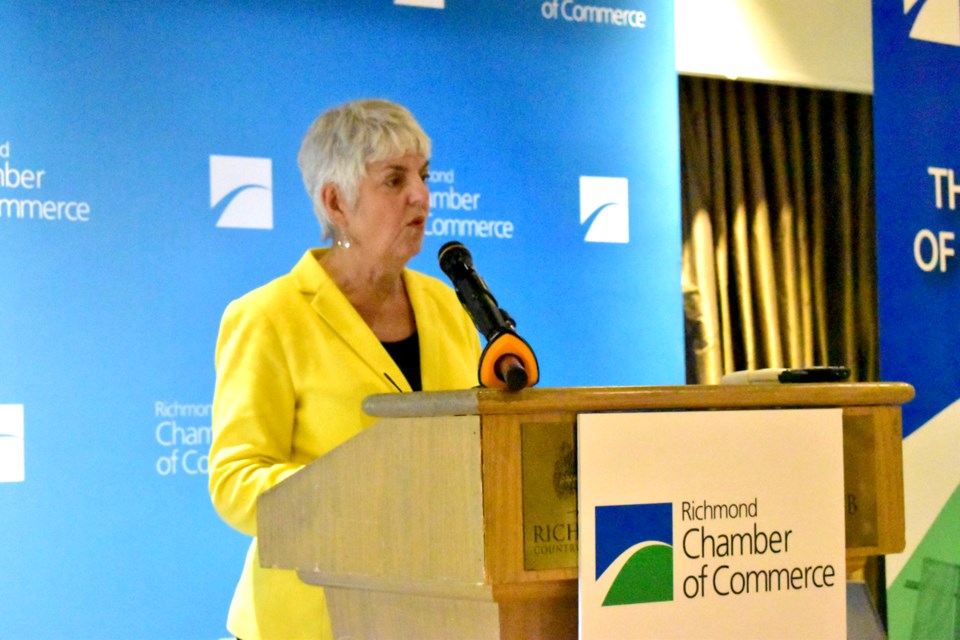The ability to borrow from their capital reserves and carry debt into next year – this is some of the relief the provincial government announced Thursday morning for cities to deal with as municipal revenues plummet.
Richmond council already announced on Tuesday that it will be delaying the property tax due date until Sept. 2 and lowering taxes by two per cent.
The provincial measures are meant to give some leeway to municipalities so they can make payments to other bodies, like hospitals and TransLink, even with lower revenues and deferred taxes.
The announcements were made by Selina Robinson, Minister of Municipal Affairs and Housing, and Carole James, Minister of Finance.
Richmond property taxes and levies were expected to account for about 70 per cent of the city’s 2020 budget, with total revenues anticipated at $334 million.
About half the property tax bill, however, covers things like school tax and Metro Vancouver levies with varying due dates, some immediately in July.
With the provincial announcement, cities will now be able to borrow interest-free from their capital reserves to cover operating expenses and won’t have to remit school taxes to the province until Dec. 31.
The province also announced that businesses will get further relief on school property taxes and a deferral on late property tax payments to Oct. 1.
Richmond Chamber of Commerce president and CEO told the Richmond News on Wednesday that he is very worried about May 1 when businesses will have to pay the next month rent given the massive slowdown in business because of the COVID-19 pandemic.



